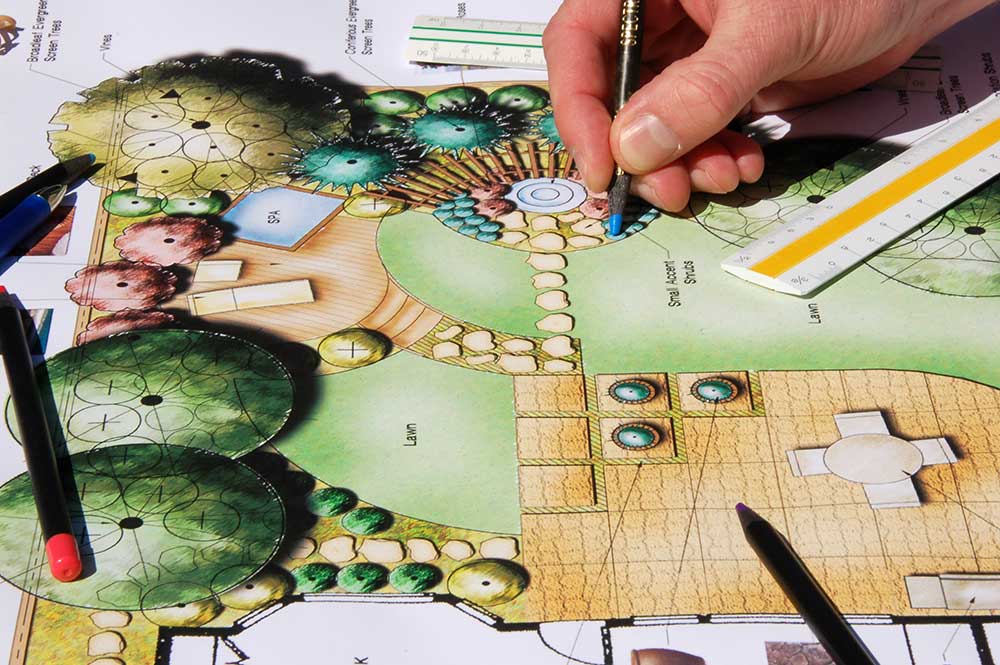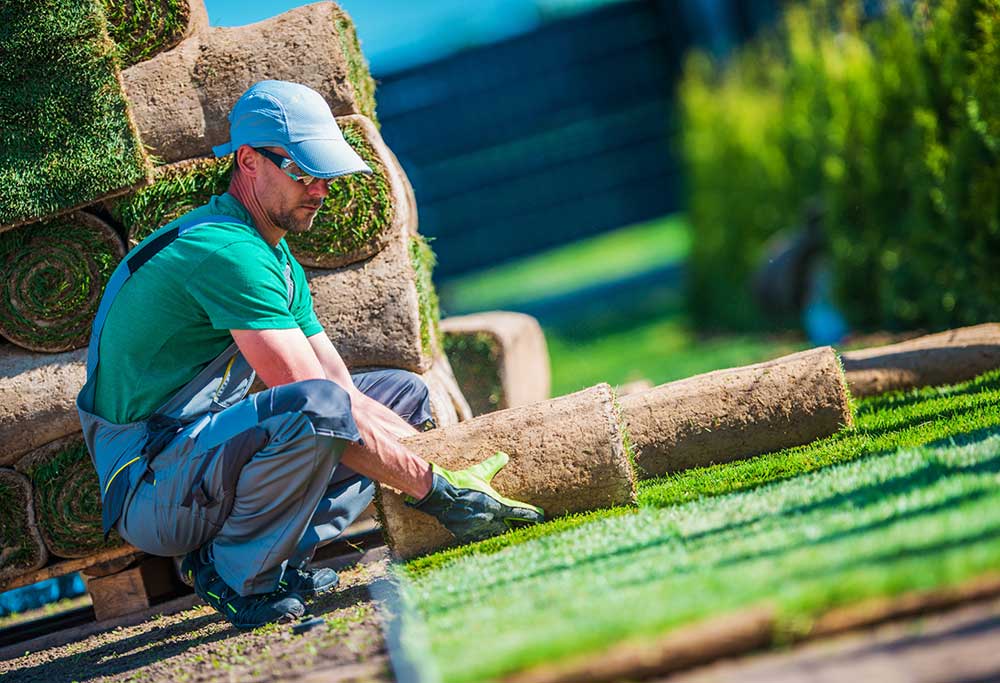
Landscape Technician
Careers Explorer:
Overview
Responsible for the care and upkeep of outdoor spaces such as gardens, yards, parks or golf courses, a landscape technician may also tend to indoor facilities with outdoor vegetation, such as gardens or greenhouses.
Your job responsibilities may include planting and watering trees or flowers, pruning bushes and hedges, mowing or fertilising lawns, and removing weeds, snow or litter.
Found in the construction, horticultural, digital, creative and design, environmental and planning sectors, you’ll use a wide range of technical skills and are at the forefront of technological innovation.
You’ll also be responsible for some of your own work, as well as working under supervision of landscape professionals and managers in more complex areas.

Top 5 Tasks
- General maintenance and upkeep of both natural and built environments
- Protecting, conserving and enhancing the natural and built environment
- Interact with clients, landscape architects, park managers and others
- Use a range of equipment and machinery
- Using your green-fingered skills
Salary
Salary is typically around £20,000, but a Landscape Architect can earn more than £30,000.
Senior or Chartered Landscape Architects can earn in excess of £40,000.
Salaries typically depend on location, employer and level of responsibility.
Am I Suited?
- Love the outdoors
- Practical
- Green-fingered
- Attention to detail
- Adaptable
Qualifications
Typically five GCSEs at Grade 4 (Grade C) or higher are required, including English, maths and science.
You need at least two or three A-levels or equivalent. Subjects such as Geography, Graphic Design, Art, Environmental Science, Biology and Botany are particularly useful.
If you already have a degree in a related subject (such as architecture, horticulture or botany) you can take a graduate conversion course.
First you complete an undergraduate or postgraduate entry course accredited by the Landscape Institute. You can gain chartership with the help of the Pathway to Chartership.
Accredited subjects include:
- Landscape Architecture
- Garden Design
- Landscape Design and Ecology
- Landscape Planning
- Landscape Management
- Environmental Conservation
- Landscape Architecture and Architecture
Once fully qualified, chartered Landscape Architects must complete at least 20 hours continuing professional development (CPD) a year to keep up to date with current thinking and professional practice.








